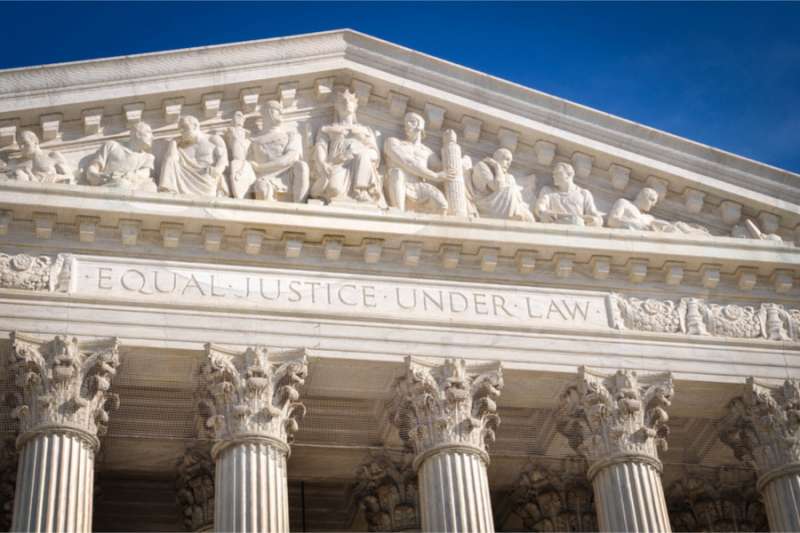The Senate Judiciary Committee will vote Sept. 20 on whether or not to recommend Judge Brett Kavanaugh for confirmation to the Supreme Court, committee chairman Sen. Chuck Grassley (R-Iowa) announced on Thursday. The vote will happen one week later than initially scheduled.
Senate committee rules allow for any member to request a one-week delay on a vote, though in this case several Democratic committee members supported the move.
In addition to the delay, Democratic members also filed several subpoenas requesting additional records relating to Kavanaugh’s time spent working for President George W. Bush. These requests were rejected by the committee by 10-11, with the vote split along party lines.
Because of the majority-Republican membership of the committee, Judge Kavanaugh is expected to be voted out of committee with a recommendation for the Senate to confirm his nomination.
Despite protests from observers and aggressive lines of questioning from some senators, Kavanaugh’s nomination appeared to be on solid ground at the end of last week. However, on Thursday afternoon, the process took an unexpected turn when Sen. Dianne Feinstein (D-CA), a member of the committee, said she had contacted federal investigators over an allegation of possible sexual misconduct involving Kavanaugh decades ago.
Sen. Feinstein issued a press release Sept. 13 which said that she had “received information from an individual concerning the nomination of Brett Kavanaugh to the Supreme Court,” and that while “the individual strongly requested confidentiality, declined to come forward or press the matter forward,” she had “forwarded the matter to federal investigative authorities.”
The New York Times reported that the information came from a letter that was sent to the office of Rep. Anna Eshoo (D-CA) and that it “included the allegation of sexual misconduct toward the letter’s author” when Kavanaugh was in high school.
Feinstein declined to release any further details and it is not clear if Kavanaugh is alleged to have committed a crime.
The contents of the letter have not been made public, nor has it been shared with Republican members of the judiciary committee. A spokesperson for Sen. Grassley said that the committee chairman had not seen the letter, but that he was aware of it. He also confirmed that there is “no plan to change the committee’s consideration of Judge Kavanaugh’s nomination.”
Another member of the Senate Judiciary Committee appeared to dismiss Feinstein’s press release. Sen. John Cornyn (R-TX), tweeted “Let me get this straight: this is statement [sic] about a secret letter regarding a secret matter and an unidentified person. Right.”
White House spokesperson Kerri Kupec said in a statement that, despite Kavanaugh’s 65 meetings with senators - including Feinstein - throughout the confirmation process and his more than 30 hours of testimony answering questions in both public and private sessions, “not until the eve of his confirmation has Sen. Feinstein or anyone else raised the specter of new ‘information’ about him.”
Kavanaugh has been “thoroughly and repeatedly” vetted by the FBI since his career in public service began in 1993, said Kupec. The Texas senator called the new letter an “11th hour attempt to delay (Kavanaugh’s) confirmation.”
Following the committee’s vote next week, Senate Majority Leader Mitch McConnell (R-KY) is expected to schedule a floor debate and final confirmation vote by the Senate for the final week of September.
While the timeline is still to be determined, the final vote could happen as early as September 24, in time for Kavanaugh to take his place on the Supreme Court before the opening of its next session on October 1.

